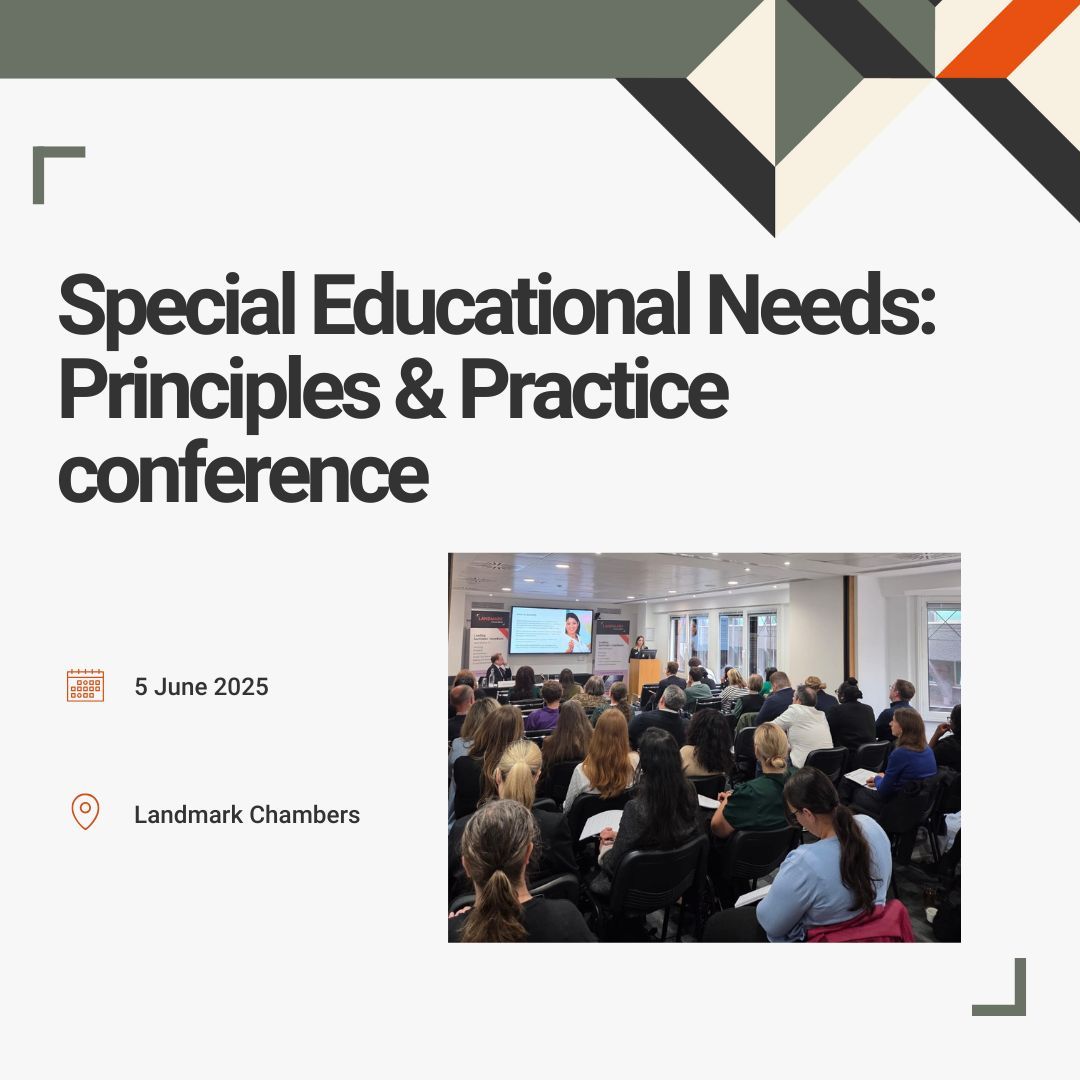
SEND Advocacy, Admin & Consultancy Services
for parents, families & professionals
Legal Guidance
Admin Support
Emotional Support
Education & Empowerment in all things SEND
WHAT WE DO
We SEND Help to children with (SEND) special educational needs and disabilities to secure the provision and support they need to thrive in life and fulfil their potential.
Using our qualifications, legal knowledge, professional experience in education as well as well as personal insights, we SEND Help to empower parents and carers navigate the complex SEND system to successfully advocate for their children.
We SEND Help through practical & emotional support to secure the very best outcomes for your child's future.
We SEND Help to professionals to better equip them with knowledge and strategies to support children with SEND in their settings.
Advocacy
We offer independent guidance, administrative support, and advocacy services covering all areas of Special Educational Needs and Disability (SEND) law for children and young people aged 0-25.
Our services include advice on annual reviews, exclusions, transport, disability discrimination, and appeals to and from the SENDIST tribunal.
We are committed to being accessible and affordable, providing a range of solutions to fit diverse needs and budgets.
Empowerment
Our membership provides parents and carers with the tools and knowledge to effectively advocate for their children.
Gain access to detailed "how-to" guides, tutorials, and templates, along with a comprehensive library of practical tools to support your child at home.
We also offer resources tailored for professionals to enhance support in educational and care settings.
Join regular Q&A sessions for free guidance and signposting on your specific concerns, all designed to keep our service accessible, affordable, and inclusive for all families.
Education
We aim to provide awareness and education for all individuals supporting children with SEND.
We provide a wide range of content on education, SEND, psychology, and pseudo-education to support your growth in knowledge and expertise. Whether you’re a parent advocating for your child or a professional seeking to deepen your skills, our resources include free, downloadable tools and guides, as well as in-depth, module-based learning to equip you with effective strategies and insights.
Emotional Support
We are here to support your well-being with a wealth of FREE resources designed to help you manage the unique challenges of parenting a child with special needs.
From practical tools to mental health tips, our resources provide guidance to ease the overwhelm, helping you feel more equipped, informed, and supported on your journey. Whether you’re seeking advice on educational rights, daily coping strategies, or ways to nurture your own resilience, our offerings are crafted to empower you every step of the way.
The legislation referred to throughout the site and in the services offered are relevant to England.
If you live in Wales, Scotland or Northern Ireland some of the information may not apply and the terminology may be different.
Contact us to discuss your individual circumstances and we will direct you to the right guidance.





